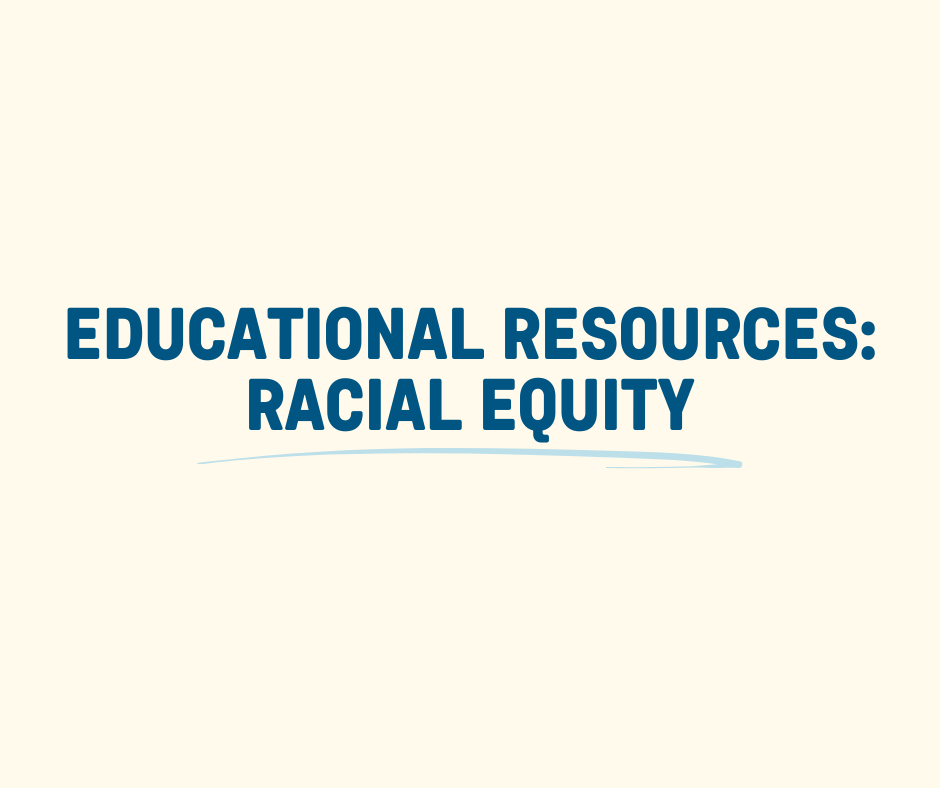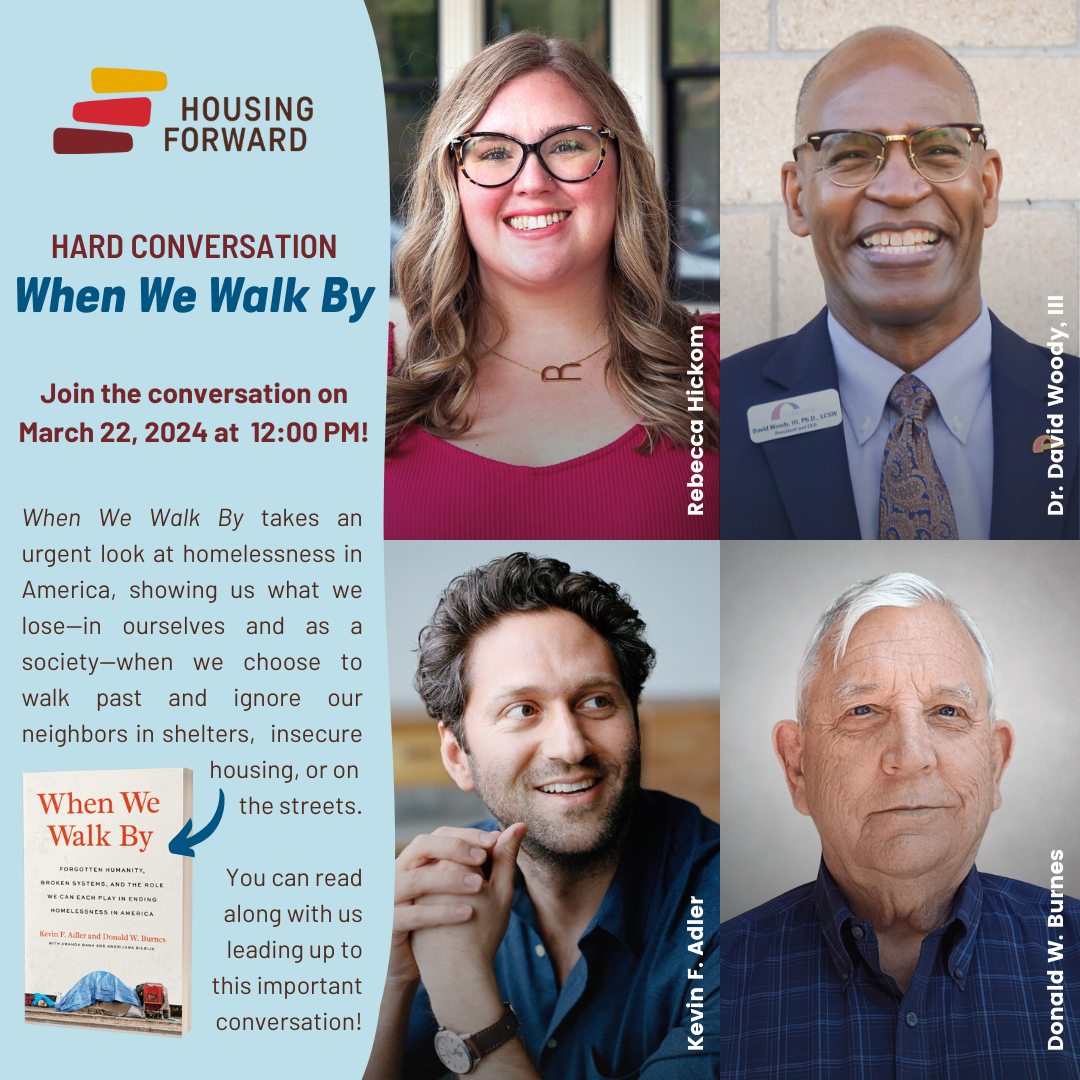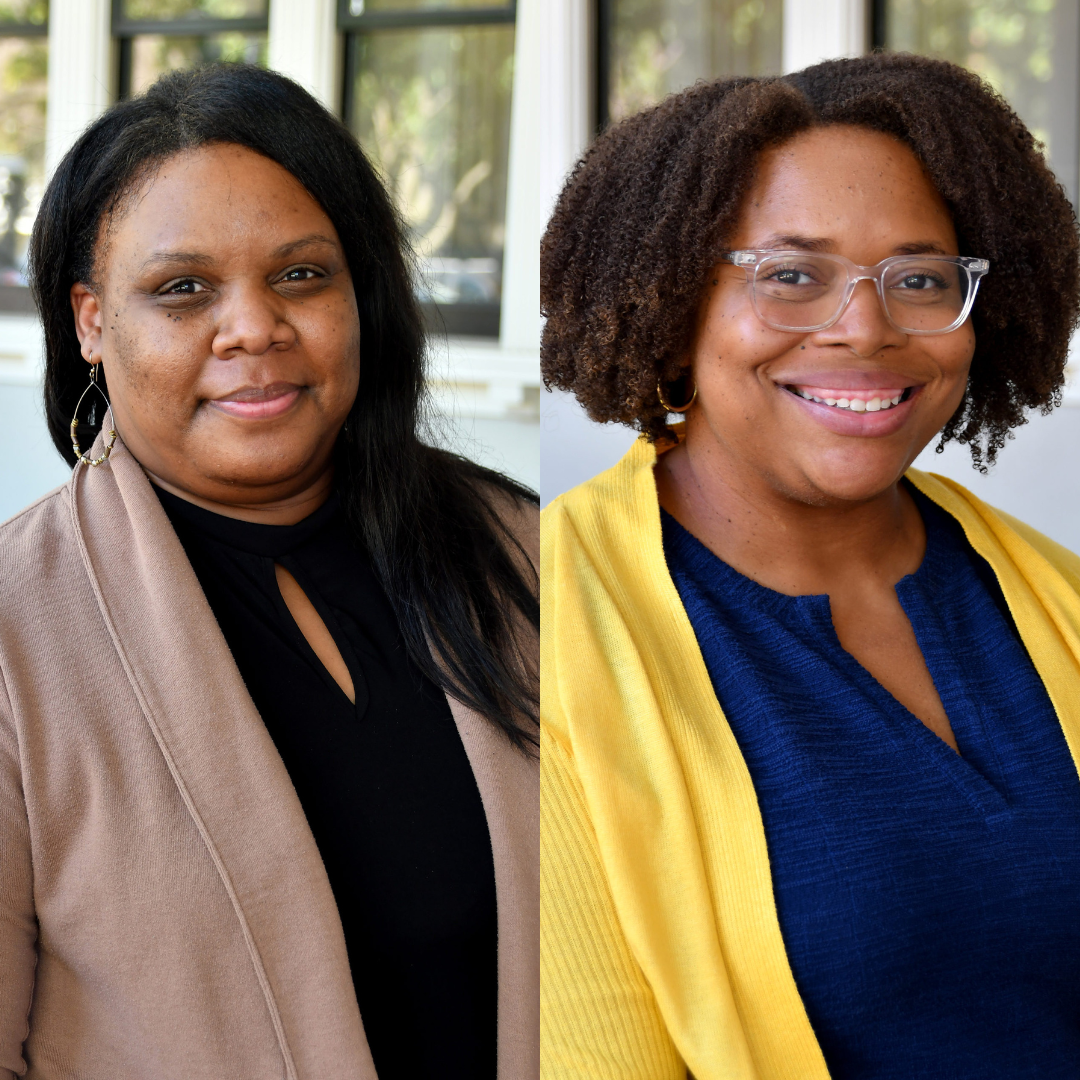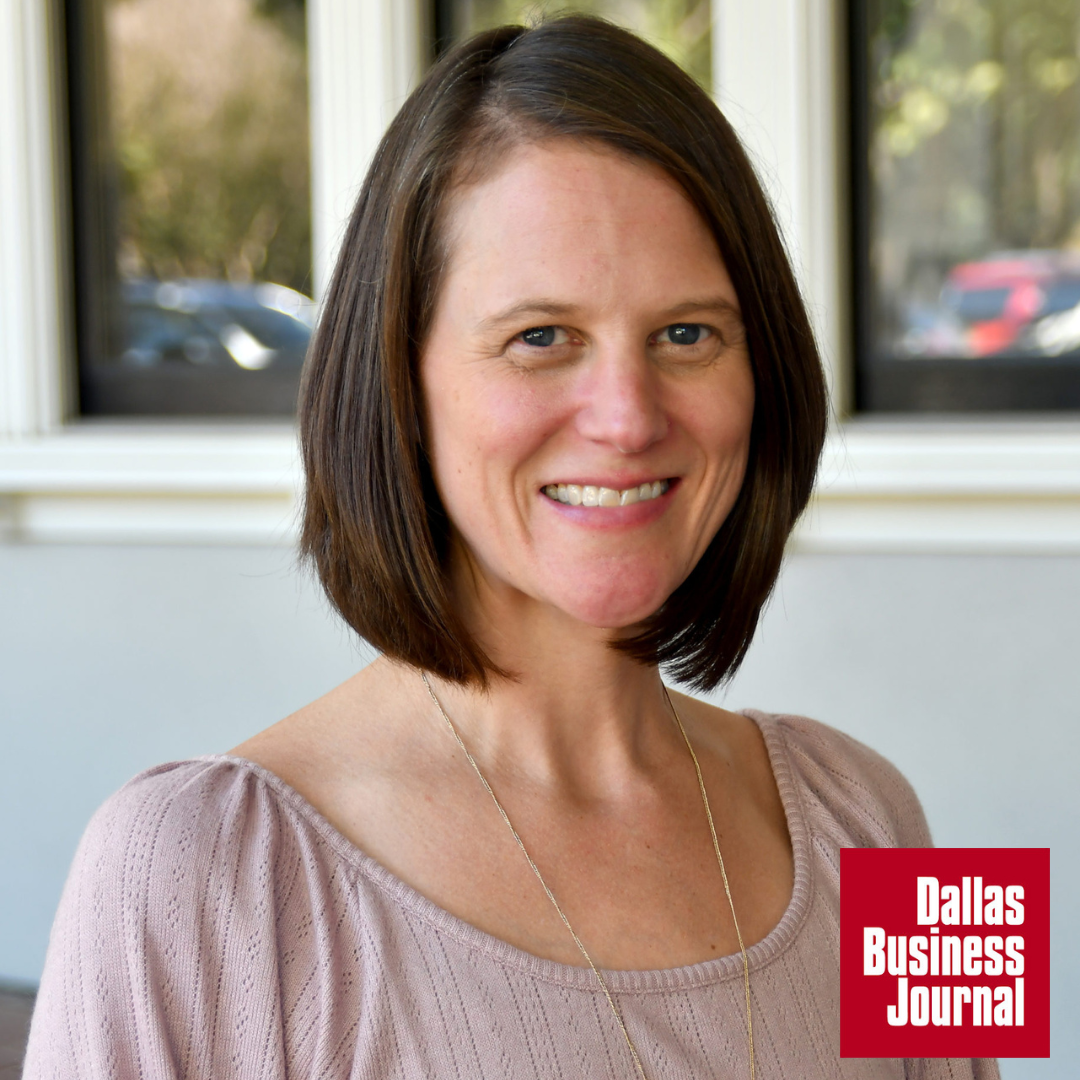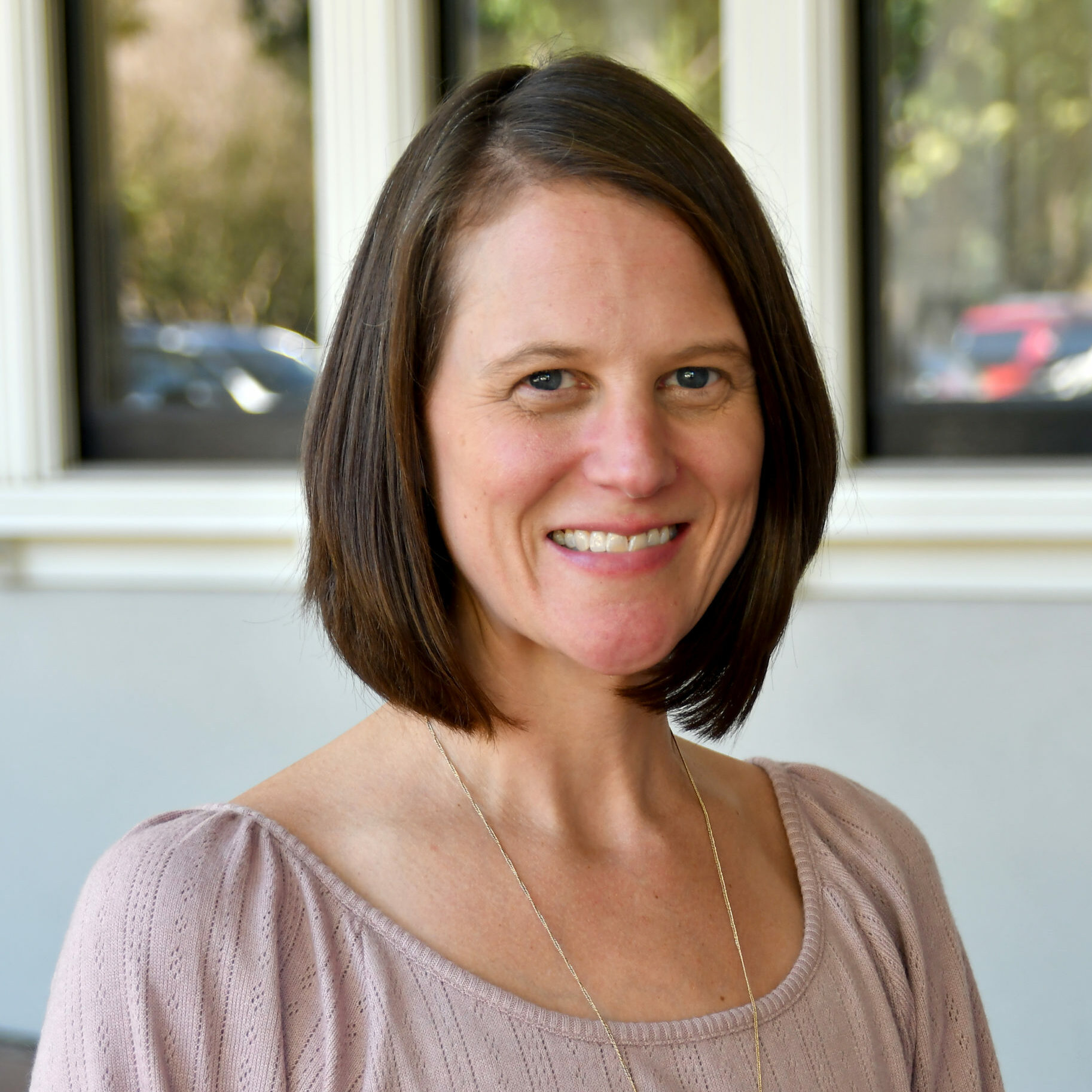Joli Angel Robinson, President and CEO of Housing Forward wrote an Op-Ed that was published in the Dallas Examiner on September 3, 2022. Read the article below or on Dallas Examiner here.
I have now officially been working in the homelessness space for a full year and would love to take a moment to dig into the “what, why and how” of what feels like one of the most polarizing concepts in homelessness. I am sometimes left speechless when these discussions bubble up because it easily distracts us from pushing forward in effective collaboration to end homelessness.
The overall need of our various systems to work better for those that are pushed to the margins of our society is paramount and the ongoing need of our neighbors that are either precariously housed or unhoused is mounting. We collectively do not have time to waste in picking sides, there are lives at stake. The discussions cannot, should not, and will not impede our ability to move quickly in enacting policies and executing on actions to prevent and end homelessness. We work to this end each day.
Historically there has been an air of “we know what’s best for you” of policies and practices that often leaves out the perspective, voice and agency of those that are currently experiencing homelessness. This superiority and often savior complex comes from our dominant cultural ideals that those on the often-receiving end of unjust systems which often leads them to be on the receiving end of social services are not qualified or informed enough to speak on how they would like to see a system effectively serve them.
Part of the work being done at Metro Dallas Homeless Alliance, where I serve as the president/CEO, is focused on centering the voices of those with lived experience and doing so with a priority on racial equity. That means we are not creating one-size fits all solutions for the hairy and multi-layered issue of homelessness. That means we do not come to this work leading with an idea of what someone needs to do or who someone needs to be before they are deemed worthy of being housed. That means that our system is focused on providing the necessary services that meet the needs of our unhoused neighbors but does not force a way of being on their lives.
We boldly talk about and lead with a Housing First approach, which does not mean housing only. We firmly believe that housing is a human right. Housing is not and should not be withheld from individuals until they are the right candidate for being housed.
Most of us that find ourselves in housing aren’t necessarily the right candidate if we use that ideology as our basis. Many of us that have been comfortably housed with no fear of having to make a difficult choice of living outside, living in our cars or going to a shelter have never had to think about, question or respond to what qualifies us for housing. The notion of housing individuals before they are ready because they may have an active addiction or they may be an offender that had a brush with a historically unjust criminal justice system, feels rooted in who we think our unhoused neighbors are compared to those that are housed.
Our unhoused neighbors are cut from the same cloth and created by the same God that created us all. Some may struggle with addiction. Some may have a felony on their record. Some may live with mental or physical health burdens that are exacerbated by the trauma of being unhoused. But none of that makes them unqualified to have a home. We have the same population of people that are housed that do not have to endure the negative judgement and gaze when they are experiencing the worst that this world has to offer. There are housed neighbors who are actively abusing drugs or alcohol. There are housed neighbors who have lengthy rap sheets, but perhaps they have a network of family and friends that connect them to employment and opportunities, and we have housed neighbors that suffer with severe mental and physical health burdens that will never end up living outside.
I would hate to believe that the way in which we talk about our unhoused neighbors and what is considered best for them comes from a place rooted in racist ideology, but it is hard to overlook when the majority of those experiencing homelessness are Black people and more specifically Black men. I spend a lot of time discussing the concept of “housing first.” The truth is that whether it is housing first or housing later – the solution to homelessness is housing. Arguments that our unhoused neighbors need to complete services, get clean and sober, get upskilled and trained and employed or employable prior to gaining the privilege of living in their own home is often at one end of the conversation. That angle sometimes incorrectly frames the philosophy of housing first.
Housing first only seeks to prioritize the immediate need of giving people one of the most basic human rights and needs and that is shelter. Most people experiencing homelessness are not struggling with drugs and alcohol. A huge number of unhoused people are not fighting mental or physical health issues. Often the population that most of us see experiencing homelessness, tend to be at the intersection of these experiences and thus we often wrongly paint the whole population with this wide brush.
Our system does not seek to only serve one population or the other, but this system has worked and is working to create an equitable system that provides opportunities for people to access the most appropriate intervention for their overall health and well-being. That requires funding, policies and housing options that meet the distinct needs of our unhoused neighbors and that requires intentional inclusion of our unhoused neighbors in building a system that works to meet their needs and provide robust options.
The solution to ending homelessness is housing, whether you want to say housing first or housing later. Without housing, we won’t end homelessness. We need a variety of options and avenues to keep people housed and get people housed, quickly and effectively. The needs of our unhoused neighbors are diverse, and the solutions are and should be just as diverse. We will not reduce the solutions of homelessness to an either/or discussion, but we will continue to focus on a both and approach to serving our neighbors. With one year under my belt, I am looking forward to continuing this work alongside our shelter providers, nonprofit agencies, government, and philanthropic partners. Onward to more years of centering the voices and needs of those with lived experience in creating solutions to prevent and end homelessness.

